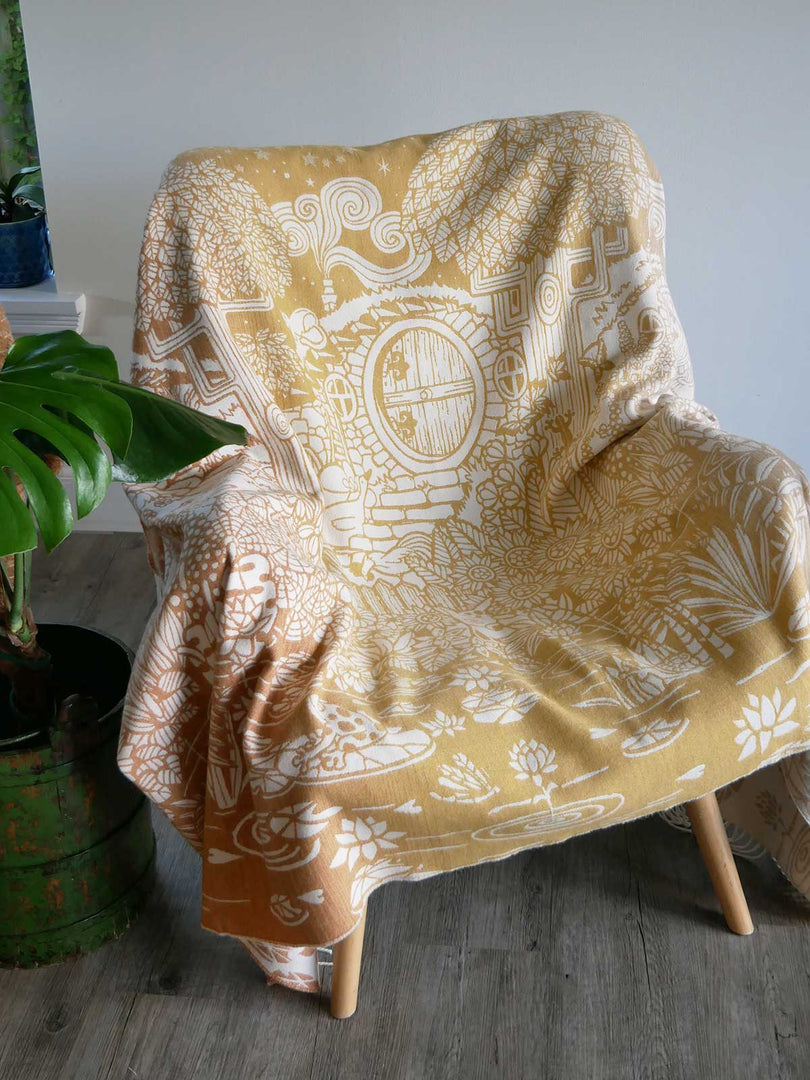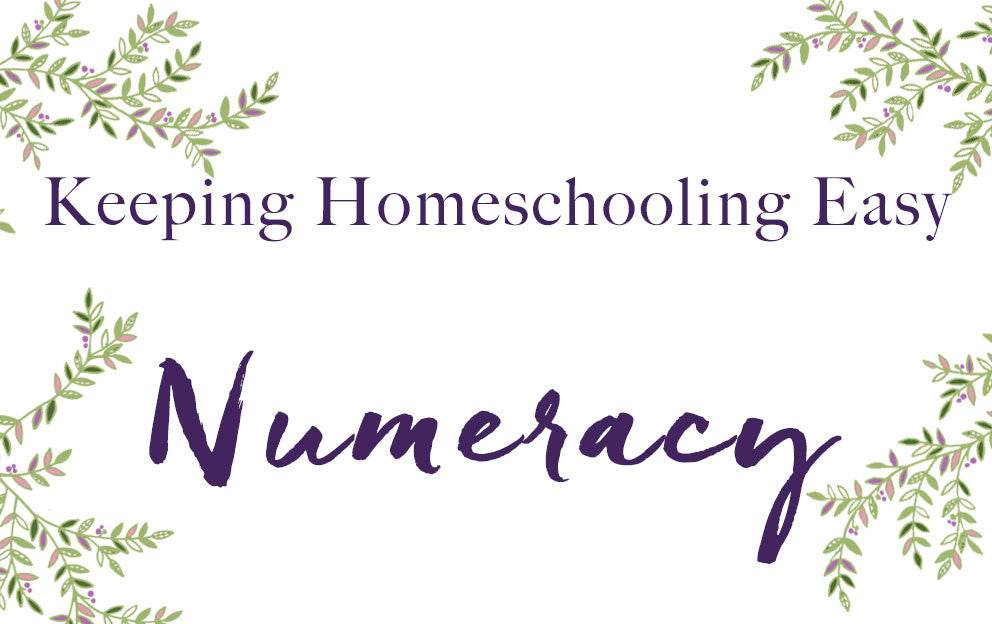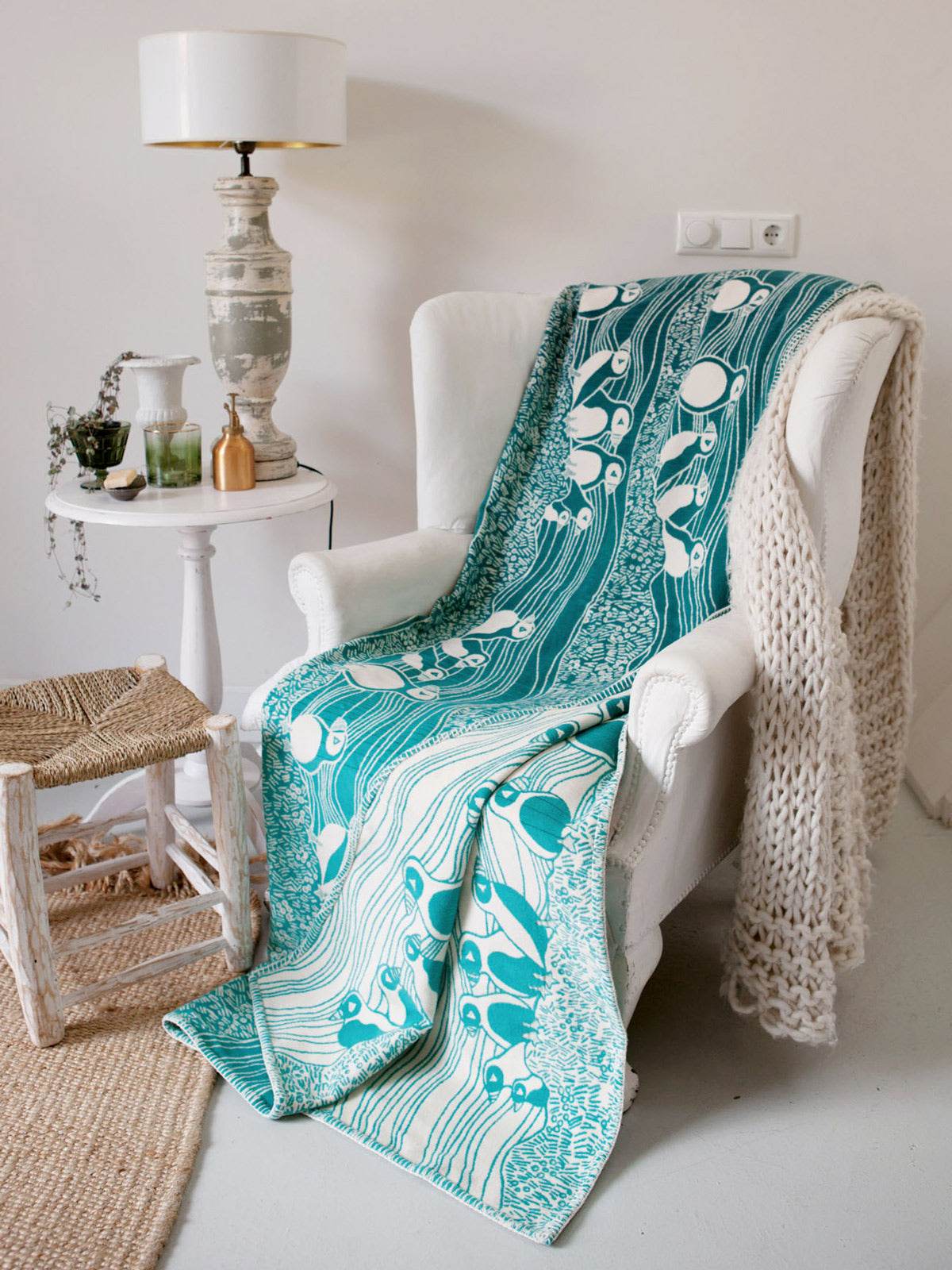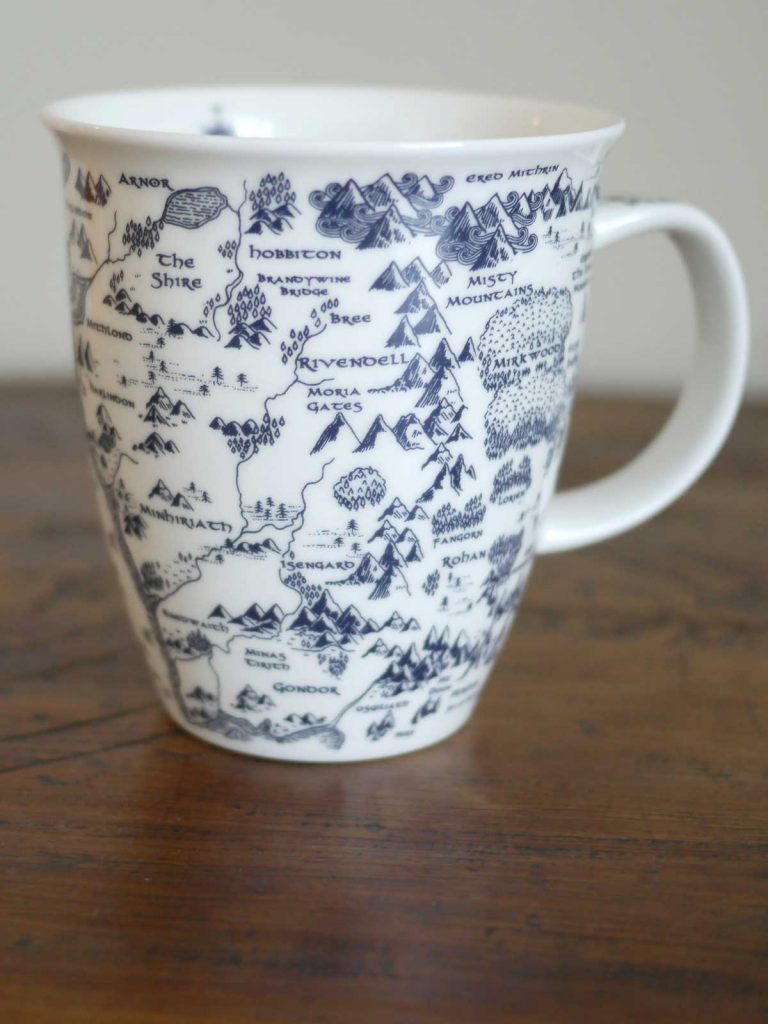My partner was a maths teacher at high school and he has told me that if children moving up from primary to secondary education only had one skill, it would be a solid grasp of their timetables.
He says 'multiplication tables are the most common skill you use regularly that you want to be able to do immediately as part of other longer calculations. When you have to spend time doing the sum, you lose your train of thought about the bigger problem.'
Other areas to focus on would of course be addition, subtraction and division. However, focusing in on the basics is all that is needed, just keep them practising and you'll soon see that even a small amount each day will start to build the skills.

Here are some of my favourite keep-it-easy Numeracy 'classes' and tools.
Sumdog - online maths and literacy games. I'm sure there's plenty more apps like this out there.
Write out 10 simple maths questions and give them a quiz.
Let your kids write out maths questions for each other or for you - they have to be able to mark the results (you can double check their answers).
Make a pretend shop and have them be the shop keeper. They can have a bit of fun playing the role and pricing up all their items so when you come to check out, it may not even feel like their doing work!

Draw attention to maths tasks in the everyday is a great way to how them how relevant maths is to real life.
- Adding ingredients together when cooking to calculate the total weight of the bowl.
- Measure things! This might seem simple but you can progress to teach your little one how to work our the area or perimeter of the kitchen table or front door matt.
- Time individual tasks - teach them how to use the stopwatch on your phone and have them time their teeth cleaning (that might solve two problems!). This could prompt a discussion about how many seconds make a minute and how many minutes make an hour.
- Telling the time - if you have scheduled different activities for different parts of the day then get your little ones to keep an eye on the clock when you are about to start something new and see if they can work out what activities they're about to start.
- Using a calculator - despite what our teachers told us, we do all have a calculator in our pockets ... but little ones need to learn how to use them. Get them to check their mental maths with a go on a calculator!

We'd love to hear your experiences of homeschooling, whether this is brand new to you or you're a seasoned pro! Join our community of parents, Clan Oscha, to share your stories and learn from others.
Read more in this blog series:
Homeschooling: Adjusting to Becoming a Home Educator and How to Keep it Simple
Top 10 Homeschooling Tips
Keeping Homeschooling Easy – How to teach Physical Education













 https://oschaslings.com
https://oschaslings.com